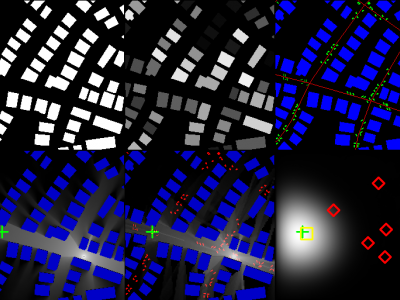Convolutional neural networks (CNNs)

1.Dataset overview
This dataset is designed to support the HAR task of this study. Covered by (a) walking, (b) running, (c) going upstairs, (d) going downstairs, (e) high leg lifting, (f) skipping rope, and (g) rhombic extension Seven types of human movement data.
The files D.xlsx, E.xlsx, H.xlsx, R.xlsx, S.xlsx, U.xlsx, and W.xlsx are one-dimensional time series data of seven sports, with a data length of 400, and the number of data categories of 7.
- Categories:
 21 Views
21 Views
As the world increasingly becomes more interconnected, the demand for safety and security is ever-increasing, particularly for industrial networks. This has prompted numerous researchers to investigate different methodologies and techniques suitable for intrusion detection systems (IDS) requirements. Over the years, many studies have proposed various solutions in this regard, including signature-based and machine learning (ML)-based systems. More recently, researchers are considering deep learning (DL)-based anomaly detection approaches.
- Categories:
 346 Views
346 ViewsThe dataset is named Chinese rose disease dataset, including healthy leaves, black spot leaves, powdery mildew leaves and downy mildew leaves. All images in this dataset were collected from Nanyang City, Henan Province, China. And all images were collected under natural conditions in order to ensure the true execution of the images. To improve the image variety, we randomly enhance the images in the dataset by flipped, changed the brightness, added Salt and pepper noise and added Gaussian noise.
- Categories:
 1052 Views
1052 ViewsThis dataset contains pathloss and ToA radio maps generated by the ray-tracing software WinProp from Altair. The dataset allows to develop and test the accuracies of pathloss radio map estimation methods and localization algorithms based on RSS or ToA in realistic urban scenarios.
- Categories:
 5291 Views
5291 Views